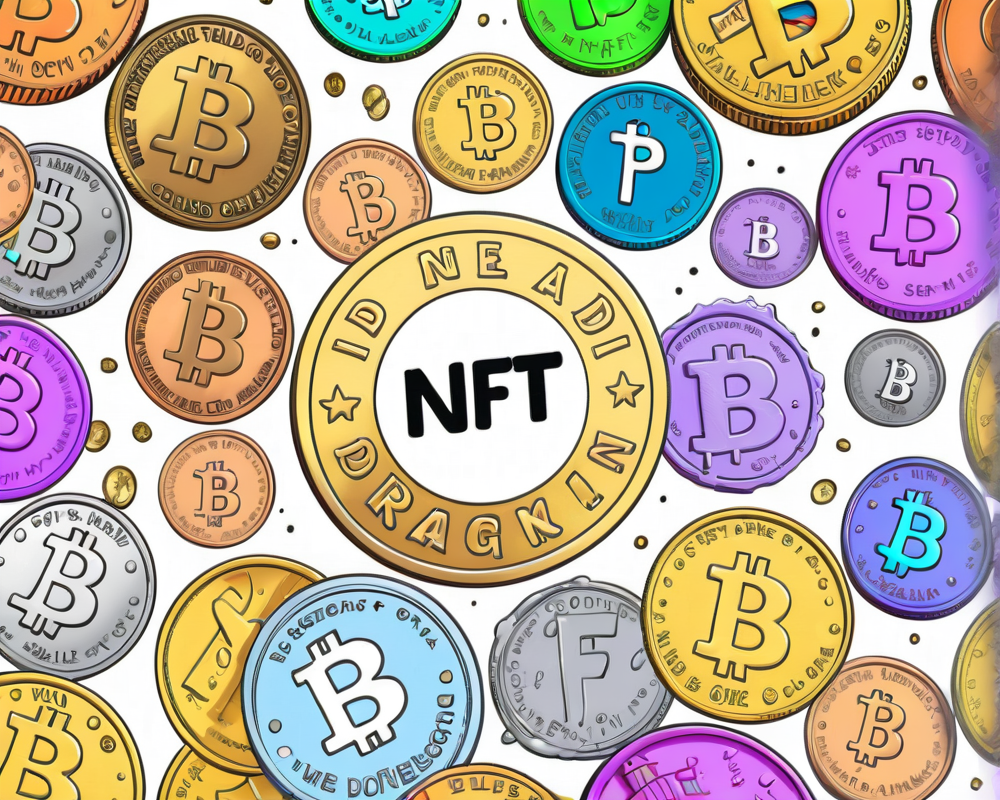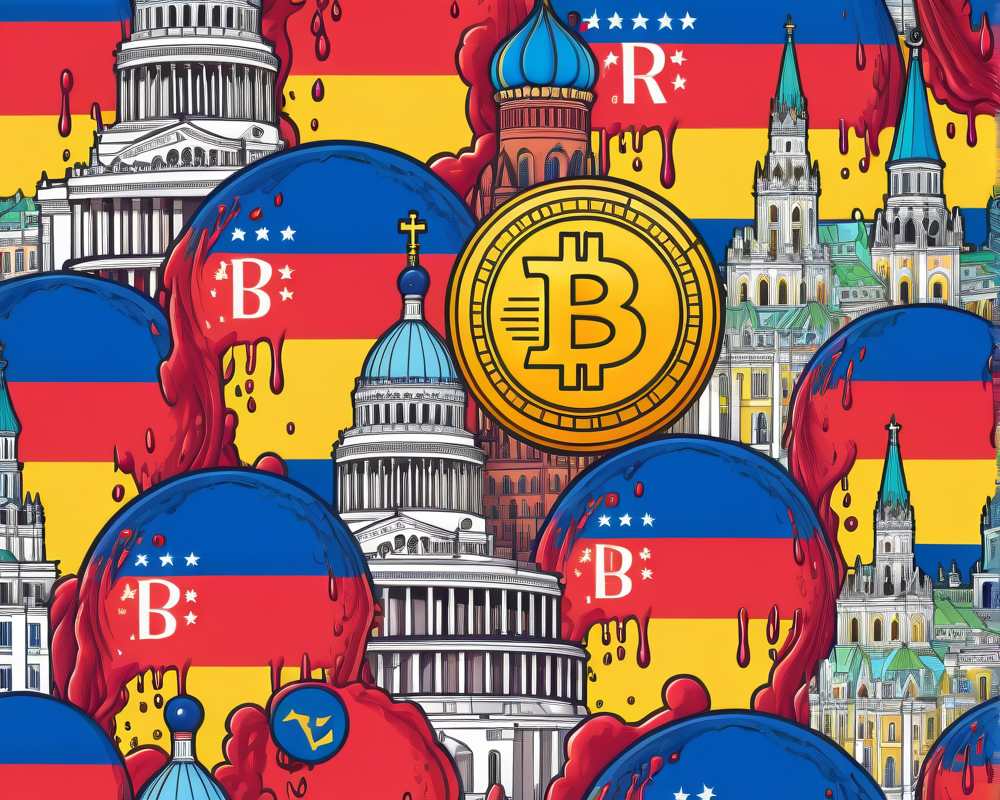Unpacking the Investigation
The buzz around cryptocurrency seldom subsides, and the latest headline features the U.S. Securities and Exchange Commission (SEC) peering into Binance Holdings, the world’s leading cryptocurrency exchange. The inquiry pivots around Binance’s BNB token, launched during a frenzied Initial Coin Offering (ICO) back in July 2017—almost like an awkward family reunion that no one really wanted.
What’s the Big Deal About BNB?
BNB, short for Binance Coin, managed to wriggle its way to the fifth-largest cryptocurrency in the vast market of digital coins. Its ICO coincided with a euphoric ICO boom that had everyone and their grandmother dabbling in crypto. However, a potential problem has emerged: reports indicate that at least one American participated in that ICO, which might complicate the SEC’s stance—after all, what’s a little regulation without a U.S. resident involved?
Is BNB a Security? The SEC’s Perspective
The SEC’s view on cryptocurrencies is as clear as mud—it’s generally claimed that many cryptocurrencies fall under the ‘securities’ category. This means that any mischief during the ICO might have put Binance on the SEC’s radar. Binance founder Changpeng Zhao, also known as “CZ” (and no, I don’t mean “Cheesy Zucchini”), mentioned in a 2020 blog that they updated the BNB white paper in 2019, fearing it might be misinterpreted as a security fleeing through the backdoor of regulations.
Further Scrutiny: Other Investigations in Play
Binance is no stranger to federal investigations in the U.S. Think of it as a soap opera for the crypto world, with the SEC, the Commodity Futures Trading Commission, and even a slew of state authorities involved. An investigation into Binance’s trading practices by the Commodity Futures Trading Commission is already underway, and the Financial Conduct Authority in the UK is also keeping a hawkish eye on its operations.
Allegations of Financial Shenanigans
On the same day as the SEC’s crackdown news broke, Reuters released an investigative report claiming Binance facilitated approximately $2.35 billion in questionable transactions during the past several years. Allegedly, this includes money laundering efforts connected to the infamous Lazarus Group—a notorious North Korean hacking syndicate. Essentially, this raises the question: how firm are Binance’s Know Your Customer (KYC) and Anti-Money Laundering (AML) protocols? Or are they just paying lip service while looking the other way?
Binance’s Response: Fighting Back
In what resembles a classic case of “not my fault,” a Binance spokesperson has vehemently disputed Reuters’ report, describing it as a “woefully misinformed op-ed” backed by outdated information. It’s like arguing that your lunch was poorly made because the chef used a 2019 recipe—totally missing the point! Still, Binance remains embroiled in multiple federal probes, raising more questions than answers.




